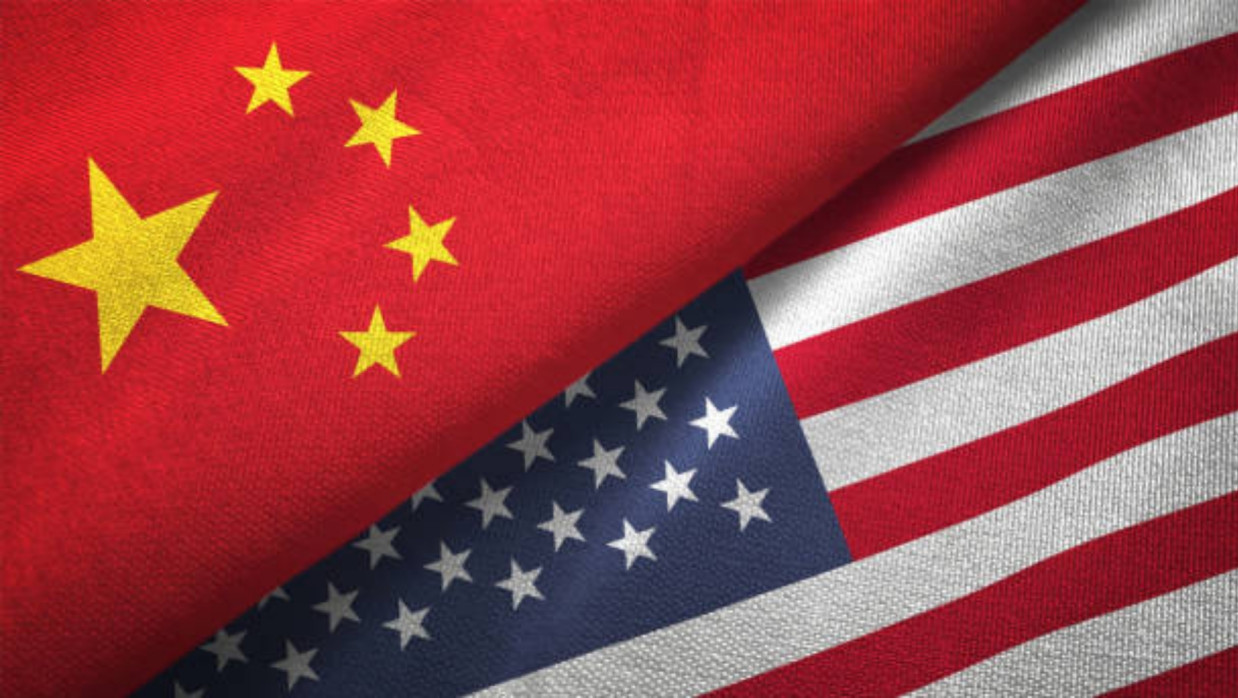U.S. and China Resume Stockholm Talks to Extend Tariff Truce

U.S. and Chinese economic officials continued a second day of trade talks in Stockholm on Tuesday, aiming to resolve longstanding disputes and extend a tariff truce set to expire on 12 August, amid efforts to prevent an escalation of the trade war between the world’s two largest economies. While unrelated to the tragic Manhattan shooting on 28 July, which claimed the life of Bangladeshi-American NYPD Officer Didarul Islam among five victims, these talks reflect global economic tensions impacting communities worldwide, including Bangladesh’s diaspora.
Led by U.S. Treasury Secretary Scott Bessent and Chinese Vice Premier He Lifeng, the delegations met for over five hours on Monday at Rosenbad, the Swedish prime minister’s office. Bessent, after a separate meeting with Swedish Prime Minister Ulf Kristersson, and He Lifeng were seen arriving for Tuesday’s session. No statements were issued after the first day.
The talks aim to extend a 90-day tariff truce from mid-May, which followed preliminary agreements in Geneva and London to reduce triple-digit retaliatory tariffs and restore trade in rare earth minerals and Nvidia H20 AI chips. Without an extension, U.S. tariffs could revert to 145% and Chinese tariffs to 125%, risking global supply chain disruptions. Analysts predict another 90-day extension to facilitate further negotiations, potentially paving the way for a Trump-Xi meeting in late October or early November, though President Trump denied actively seeking one, stating on Truth Social, “I am not SEEKING anything! I may go to China, but only at President Xi’s invitation.”
China, leveraging its dominance in rare earth minerals, seeks reductions in U.S. tariffs (currently 55%, including 20% fentanyl-related and 10% reciprocal tariffs) and relaxed tech export controls. The U.S. pushes for China to shift from an export-driven to a domestic consumption-based economy, a long-standing goal. However, U.S. senators’ plans to introduce bills targeting China’s policies on minority groups, dissidents, and Taiwan could complicate negotiations, as could Taiwan President Lai Ching-te’s delayed U.S. visit to avoid derailing talks.
The Stockholm talks follow Trump’s recent 15% tariff deal with the EU and agreements with Japan, Vietnam, Indonesia, and the Philippines. No major breakthroughs are expected, but a truce extension could maintain stability for global trade, indirectly affecting economies like Bangladesh’s.








